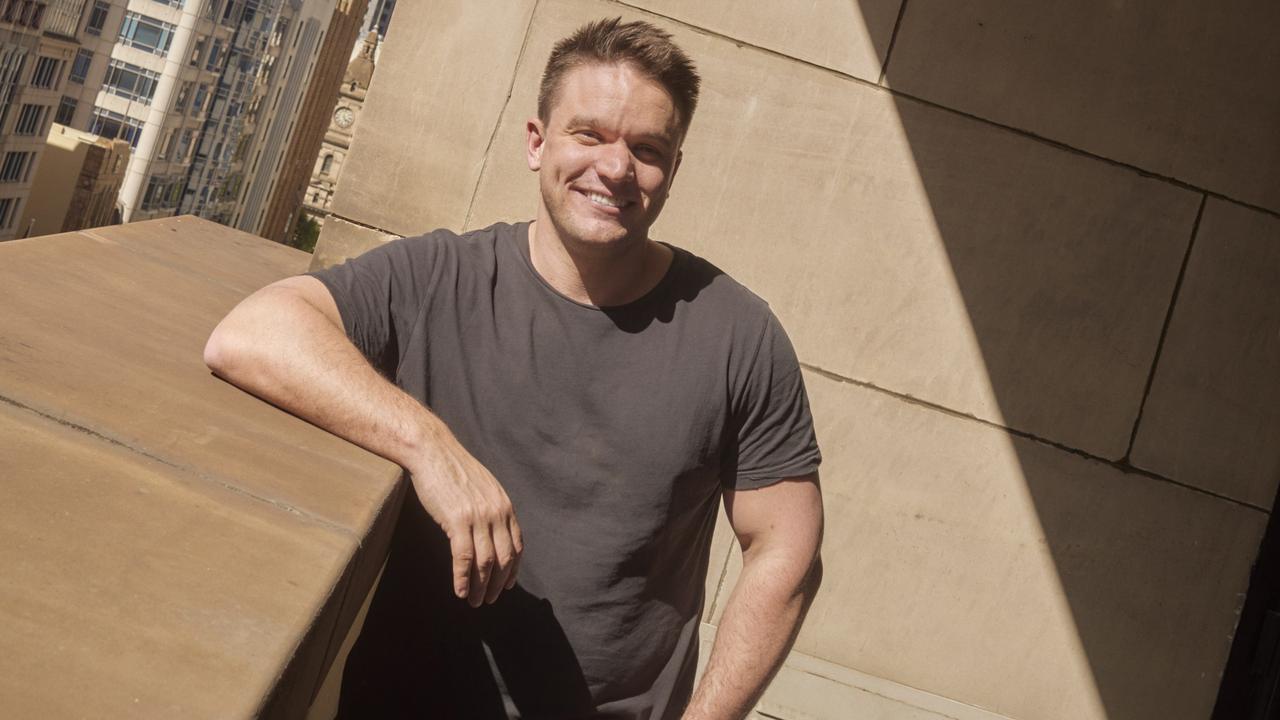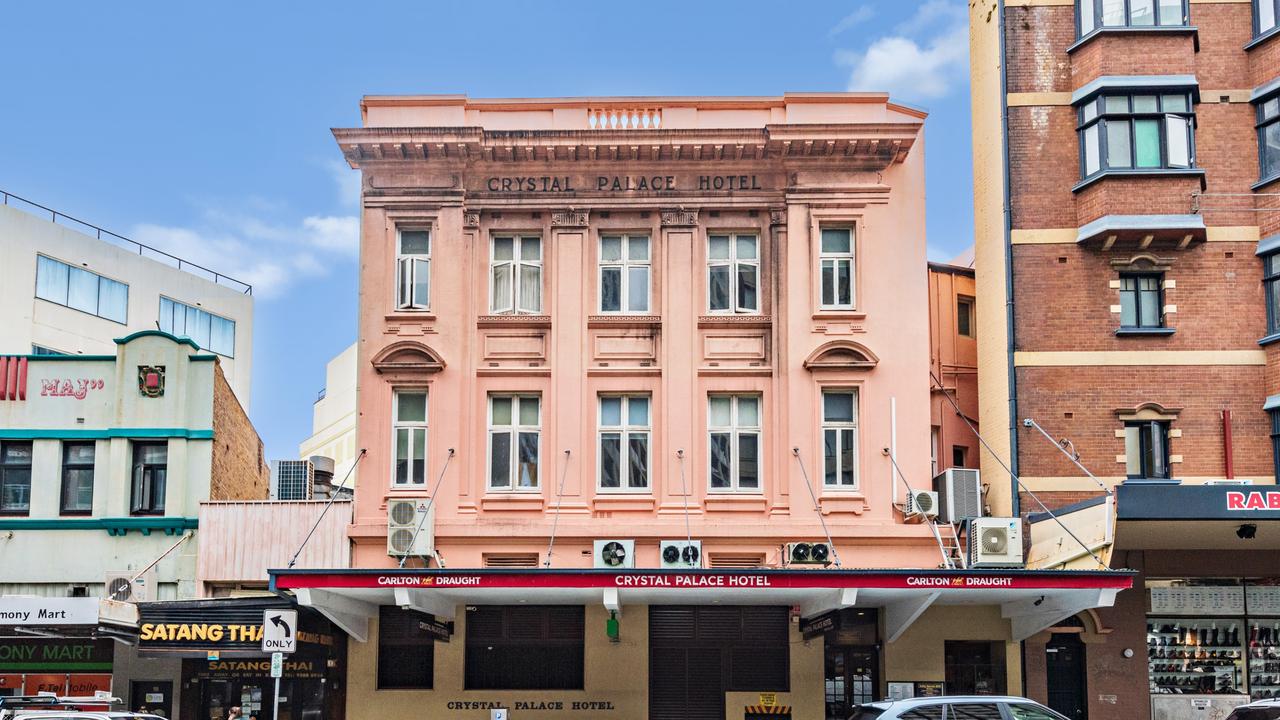Beston Global Food Company burned through huge amounts of shareholder money before failing
Beston Global Food Company shareholders had hoped to profit by feeding the world. Instead the company slowly fumbled its way into eventual liquidation.
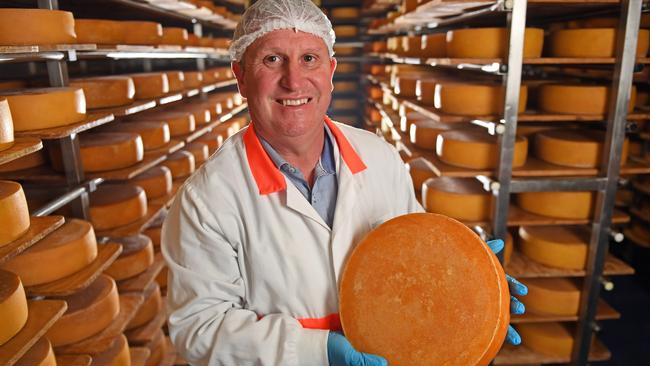
Business
Don't miss out on the headlines from Business. Followed categories will be added to My News.
Eight years ago at the Beston Global Food Company annual meeting, the company was talking up the idea of virtual reality headsets for Chinese customers, so they could experience the clean, green meadows where their pure Australian dairy was sourced.
At the time, the company was, in relative terms, flying high.
An observer at the meeting might have observed that the company was doing perhaps too much, if anything – but the thesis was solid.
The business case for the company’s $100m initial public offer in 2015 fitted hand in glove with the themes being pushed by Australian politicians at the time.
We would be the food bowl for Asia, which was literally hungry for untainted produce with good provenance, while a burgeoning Asian middle-class would continue to spend up big on cheese, wine, meat and seafood.
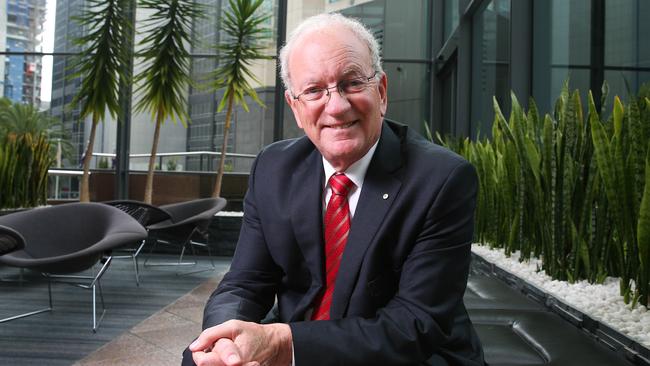
Beston listed with a vision to meet these needs through a three-legged strategy of sourcing, producing and marketing products, and the market liked it. The top-20 investors on listing were a who’s who of Australian investment banks.
The company’s largest single investor, Australia Aulong Auniu Wang Food Holdings, (also known as Dashang Group), had struck a deal with Beston to distribute its products in China, providing a significant holder with skin in the game. In August 2016 another Chinese company, Dalian Hairunlai Group, committed to a $28.3m stake in the business at 45c a share – a premium to the then share price, also saying it would distribute Beston goods.
The 2016 annual meeting presentation named a dizzying array of partners – at least six across China alone – and the company talked up agreements with companies at the scale of COFCO, which was the largest importer of food into China.
On the product front the company was diversified across lobster, kingfish, meat, cheese and bottled water, and had technology products which promised to cater for the growing desire for food traceability.
There was a note of caution, however. Dashang – the significant shareholder which owned a major supermarket chain in China – had apparently not come through with its side of the bargain regarding distribution.
Sales of about $42m were committed under the agreement, but did not eventuate, punching a $4.5m hole in net earnings.
Beston paid a dividend in October of 2016 which was the only one it would ever pay. It did not turn a profit that year, nor any year after that.
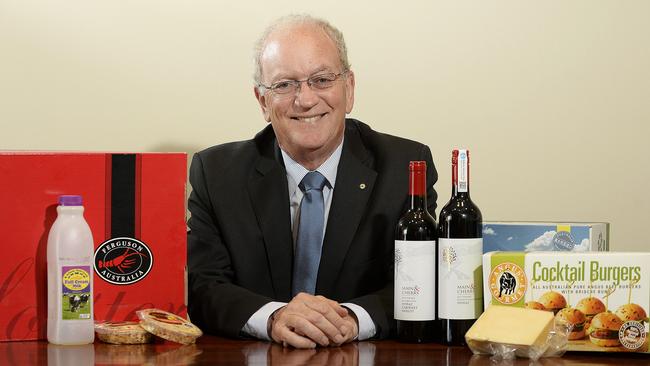
At the time, the news flow was still upbeat. A couple of months earlier a Korean group had proposed a strategic alliance to bring products into South Korea; Beston was winning awards for its cheese; and the Dalian group was promising to promote Beston products in China and Korea.
But the wheels fell off over the next few years, at first slowly and then increasing rapidly.
And over that time the relationship with the company’s large Chinese investors deteriorated to the point of outright hostility, and contributed to the company racking up four consecutive protest votes against its remuneration reports in subsequent years. One vote came in at more than 60 per cent against.
The company was admittedly hit by drought in its early years, contributing to lower milk volumes, however it seemed to be constantly surprised by unexpectedly lower sales, or unanticipated costs across its years in business.
The company posted a net loss of $7.7m in 2017, but said it had a strong platform for growth in Asia, and had boosted its milk volumes to 90 million litres per year.
The next year the company grew sales revenues by 101 per cent to $47.9m, and reported a loss of $12.6m.

It was a broad trend which continued until the company was placed in administration under a huge debt load in recent months; the company would grow revenue while its losses would grow in concert.
By 2019, the company was getting out of a number of areas, writing down its lobster company investment to zero and deciding to get out of its technology investment in food traceability.
Its also wrote down an investment in Neptune Bio Innovations – a consumer health brands company – to nothing.
In 2019 Beston posted a $26.9m loss and closed its offices in China and Thailand. The share price was just 12c at the end of the year and the company, which was debt free on listing, had more than $40m in borrowings.
Over the next few years the company slimmed down to only cheese and meat – predominantly cheese – while spinning up a lactoferrin production business to cater for growing demands for that product globally.
In 2019 it received the first of its four consecutive protest votes in unusual circumstances. Dr Roger Sexton, who was also at the time the head of the Australian Institute of Company Directors in South Australia, did not reveal the votes cast for and against the three motions being considered at the meeting, saying at the time that it was now considered “best practice” to not divulge voting during meetings.
Dr Sexton told the meeting this was because shareholders could be influenced by votes cast. Shareholders were not even shown the pre-meeting votes cast after voting on all three resolutions.
Australian Shareholders Association representative Bob Ritchie asked whether the votes would be shown and was told by Mr Sexton it was “common practice” to not show voting outcomes.
“My experience in public companies is exactly the opposite of what you have just said,’’ Mr Ritchie said.
The company’s remuneration report received a 64.9 per cent “no” vote that year, well above the 25 per cent mark which constitutes a first strike under Australian corporate law.
The following November the company avoided a second strike vote – by not holding a meeting at all.
In a virtual meeting which lasted about 70 seconds, Mr Sexton said the AGM was being adjourned while the company received legal advice.
“As chairman I’m adjourning today’s annual general meeting, to a date and time to be advised,’’ he said.
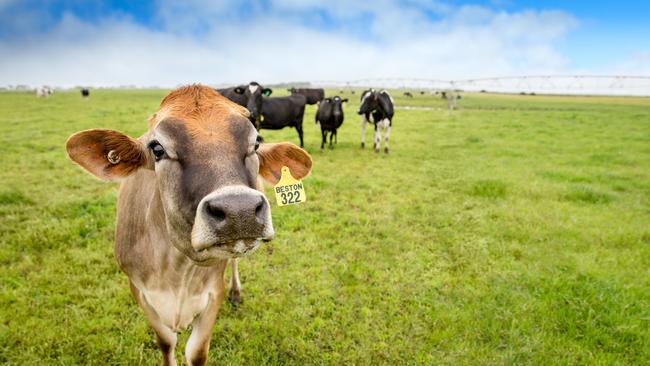
“We are concerned about possible voting associations in the proxies which have been received by the company for this meeting.
“The adjournment will allow us time to consider whether there has been any unacceptable circumstances and to have the opportunity to obtain legal advice on the matter.’’
At the time a company called Kunteng – part of the Dalian group – was trying to have its own representative voted on to the board, unhappy with a share price wipe-out which had taken its $28m stake bought at 45c down to 8.1c per share.
Dashang also tried to have a resolution to get its own representative on the board voted on at the AGM which was belatedly held early the next year. The bid which was denied, as Beston argued the representative, Hui Wang, hadn’t responded to questions the company had put to him.
Beston also suggested the two companies were working together to take it over.
Beston said in its notice of meeting that both Kunteng and Dashang made significant commitments about the purchase of goods from the company when they originally invested back in 2015, which had not been fulfilled.
“In hindsight, it seems that the non-performance by Kunteng (and Dashang) may have been, at one extreme, either a simple oversight or, at the other extreme, part of a deliberate action designed to weaken the company and make it easier to misuse Australian Corporations Law to take control of the company without paying for it (and certainly without paying a premium for control) as could be a possible outcome from the first strike, second strike and spill resolutions if sufficient shareholders do not exercise their right to vote,’’ Beston said at the time.
Beston eventually received four protest votes in a row but the board, which included former Santos chair Stephen Gerlach, avoided being spilled.
In more recent years the company trimmed down to just cheese – made in its two factories in South Australia – and meat, and its meat operations perennially have run at a loss.
While milk intakes continued to soar, so did losses, and debt.
Beston conducted a major capital raising in late 2022, raising $28.2m at 2.5c a share – understood to be at the behest of its major lender, NAB – and $16m of that was used to pay down its debt burden from $48m to $32m.
By the time the company was placed in the hands of administrator KPMG in September, that had ballooned out to $72.1m, of which $52.5m was owed to NAB.
Beston bought about 160 million litres of milk the previous year, worth about $120m.
Revenue last financial year was a record $169.6m. The loss was a record $48.8m.
Following a failed sale process conducted by KPMG – although numerous potential buyers took a look at the company – the operations were due to be wound down by about this weekend.
The assets, including the cheese factories at Jervois and Murray Bridge, will likely be sold, while about 150 people are out of work.
About 40 farmers are owed more than $10m for milk previously delivered but not paid for, which they were now unlikely to see, and unsecured creditors are owed another $16.7m.
Thankfully most of the milk has found another home, but the Beston dream to feed the burgeoning economies of Asia is decisively over.
More Coverage
Originally published as Beston Global Food Company burned through huge amounts of shareholder money before failing




